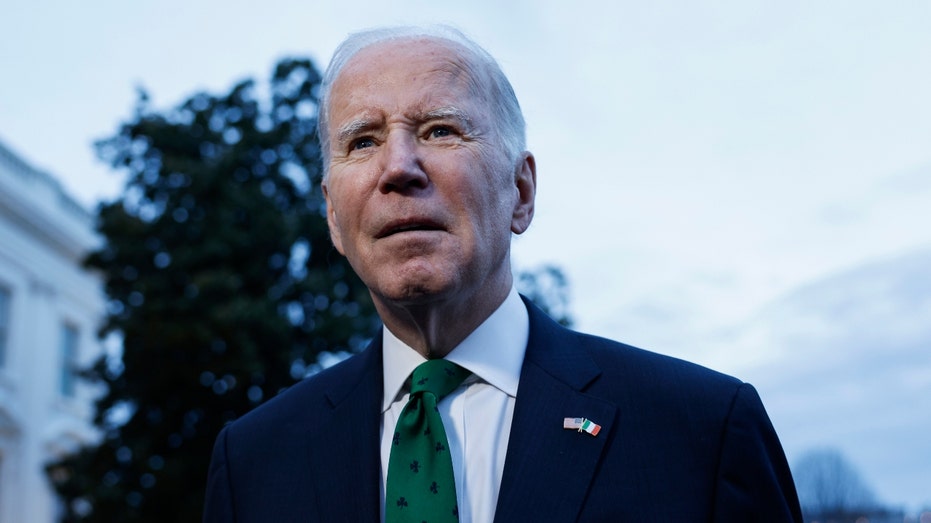The Department of Homeland Security’s Office of Inspector General found that some of the $110 million from the American Rescue Plan for migrants encountered at the southern border was misspent by nonprofits.
In some cases, it was given to illegal immigrants who had evaded Border Patrol.
The report outlines how the Federal Emergency Management Agency (FEMA) awarded $110 million in humanitarian relief funds appropriated under ARPA to “provide services to families and individuals encountered by DHS in communities most impacted by the humanitarian crisis at the Southwest border.”
As of the time of the audit, $80 million had been awarded to 25 organizations in border states, and the IG reviewed $12.9 million in spending.
HAWLEY PUSHES DHS FOR ANSWERS ON MIGRANT APP HE BRANDS ‘CONCIERGE SERVICE’ FOR ILLEGAL IMMIGRANTS
The office found that the money was not always used consistently with guidelines, that organizations did not provide required receipts and documentation and that some did not provide supporting documentation for those to whom it gave services. It determined that 18 groups that received $66 million in funding did not always comply with funding and application guidance.
Organizations were required to maintain documents related to costs, migrants served each day, expenses incurred and proof of payment for purchases. In one sample, the IG said 58% of the amount reviewed was missing documentation.
Additionally, it determined some of those migrants did not have a DHS encounter record, meaning they were “gotaway” illegal immigrants who had evaded Border Patrol agents instead of turning themselves in after crossing illegally.
The IG said that of the 824 names it tested as a sample, 197, or 24%, were ineligible to receive humanitarian services, and 154 did not have an encounter record.
“These issues occurred because FEMA did not provide sufficient oversight of the funds and instead relied on local boards and fiscal agents to enforce the funding and application guidance,” the report said. “As a result, FEMA, as the National Board Chair, cannot ensure the humanitarian relief funds were used as intended by the funding and application guidance.”
Multiple Republican lawmakers have raised concerns about the use of non-governmental organizations at the border, suggesting such groups are misspending money and are encouraging or facilitating illegal immigration.
Amid a historic migrant crisis that has overwhelmed authorities and saw more than 2.3 million encounters in fiscal year 2022 alone, migrants are frequently processed and then released and handed over to NGOs who will provide care, services and transportation.
In its report, the IG warned that, without additional oversight, organizations may “continue to use the funds for services without providing the required supporting documentation for reimbursement, increasing the risk of misuse of funds and fraud.”
It made two recommendations related to increasing oversight and implementing oversight measures for future appropriations. FEMA concurred with the recommendations and said it has since issued guidance to crack down on reimbursements of unsupported costs.
In a response to the OIG, the agency said it has also instituted quarterly reporting to “provide more oversight and updates on how funds were spent, thus reducing risk and increasing transparency.”
It is also creating funding request templates, providing additional requirements for definition and clarity on funding guidance and creating a method for random site visits to organizations in addition to other policy moves to verify funds are used as intended. Those moves are due to be completed by June 30.
























